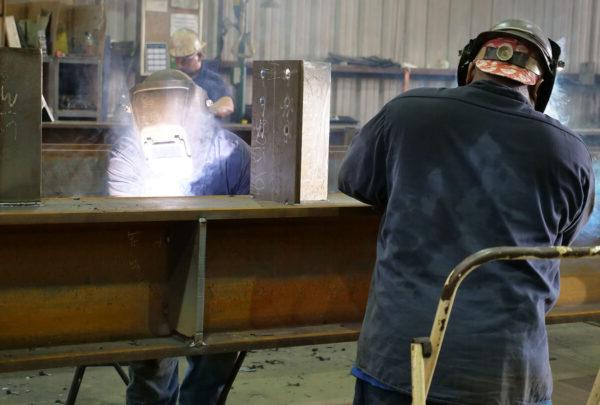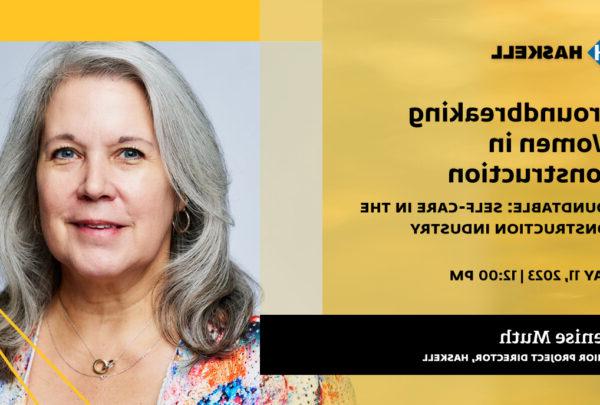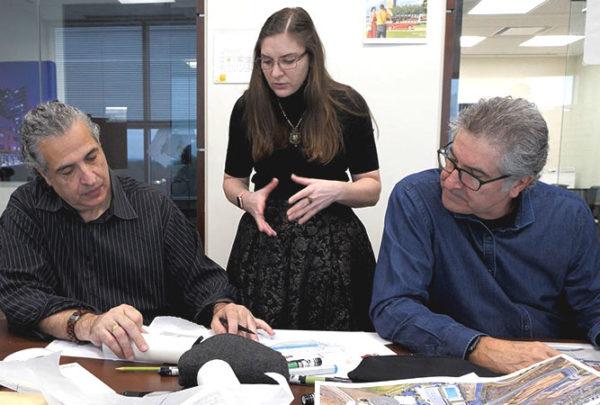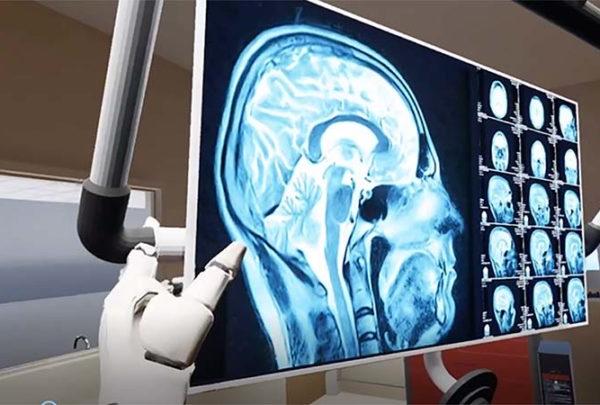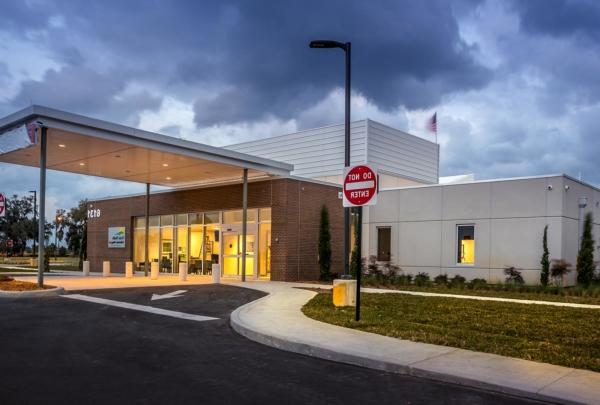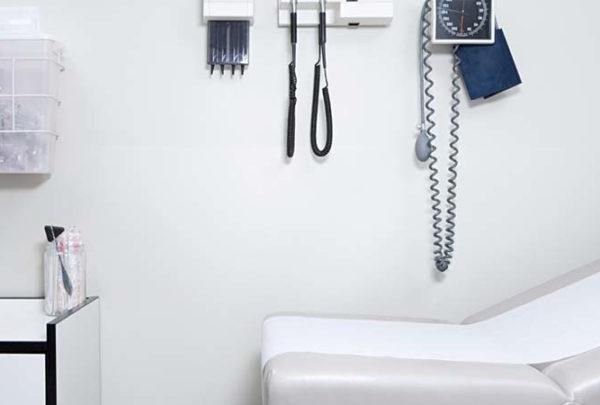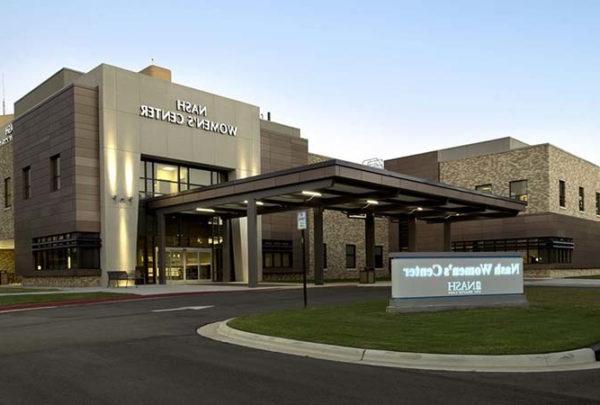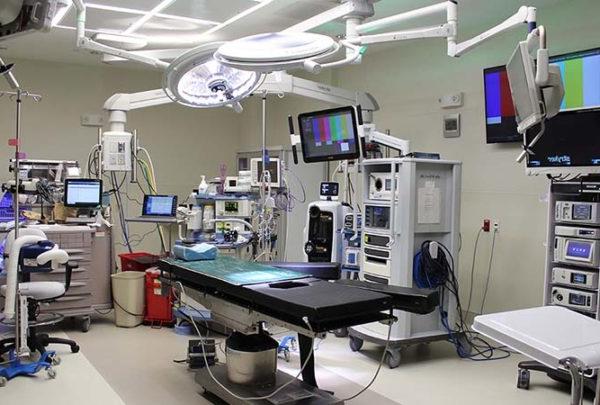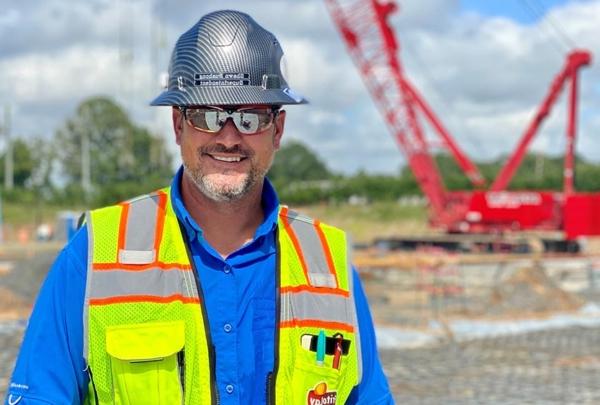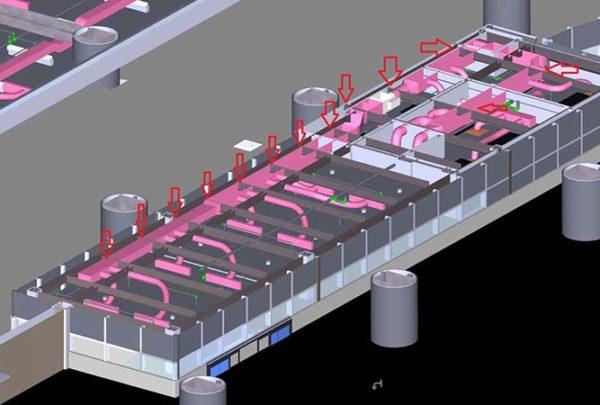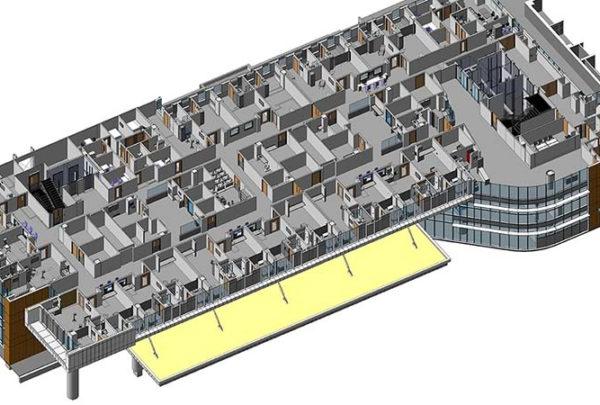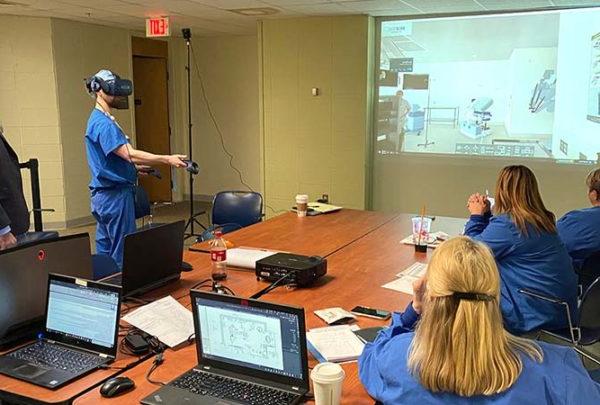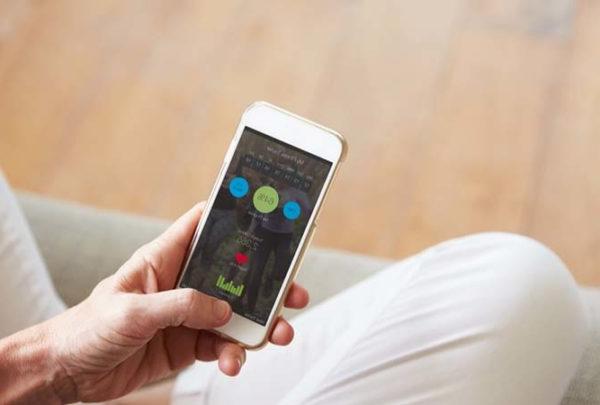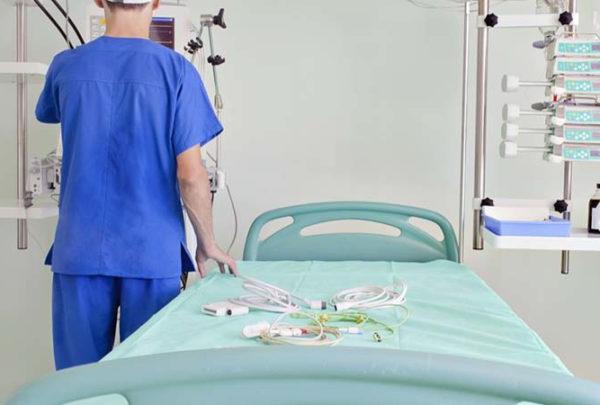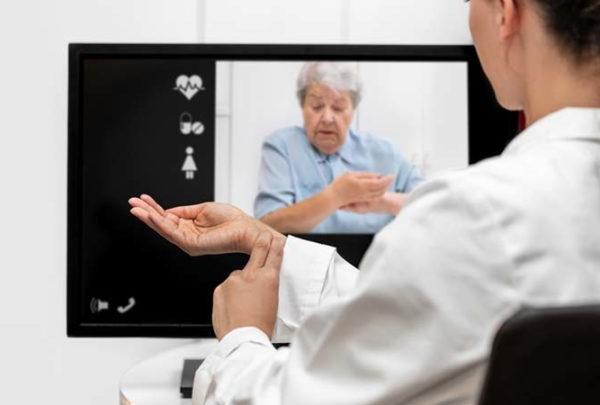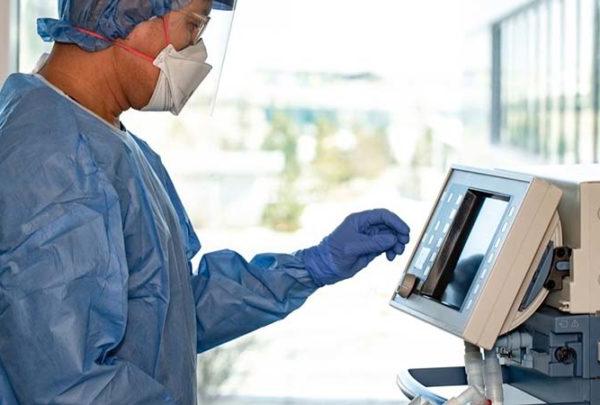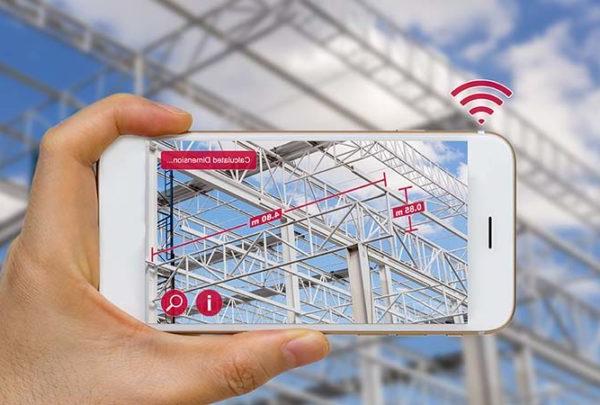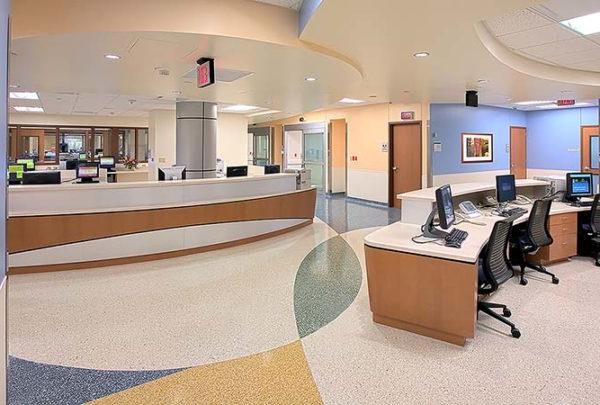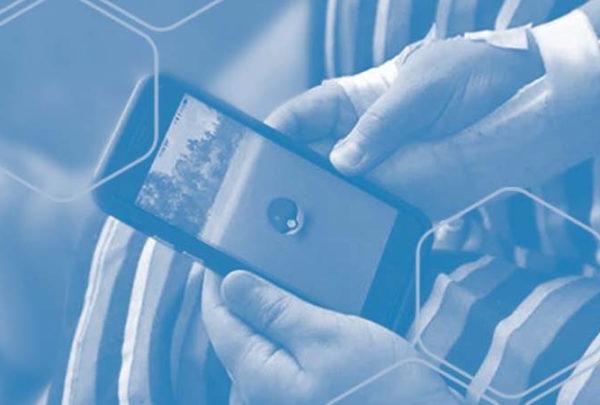Scripting, or a standardized response, is part of everyday life. Order a cheeseburger, and the cashier asks if you want fries with that. Rent a car, and the staff suggests adding the collision-damage waiver. Fill up with gas, and the interactive gas pump asks if you would like a car wash.
Consumers anticipate the next question and have a ready answer because scripting is so ubiquitous that we come to expect it. Customers are savvy in recognizing scripting in a service encounter, according to two recent studies from the University of Utah’s David Eccles School of Business.
One study found that customers don’t mind scripting in more mundane, process-driven situations, such as checking into a hotel or paying for a meal. However, in a personal matter, individuals perceive scripting less favorably because it can lack a sense of one-on-one connection.
Sophisticated firms with a reputation for excellent customer service overcome this issue by designing scripts that sound sincere and individualized. In highly ranked companies, scripting is nearly imperceptible to customers. These companies use scripting to ensure consistency of service, serve as a foundation for customer interactions and act as a framework for problem-solving.
There is much discussion about whether to employ scripting in healthcare interactions. Those in favor believe it improves the consistency of service, helps when handling difficult situations, serves as the foundation for starting or redirecting a conversation and improves patient-satisfaction scores. When executed well, scripting can demonstrate respect and empathy, two important aspects of personal healthcare interactions. Some health systems use patient satisfaction survey questions as the foundation for scripting to connect what staff says to the metrics.
Those against scripting say that it can make communication seem forced, robotic or insincere; some even refer to those who use scripting as “Stepford Nurses.” Certainly, it is critical to project empathy when delivering a standardized response. Imagine how a patient or family member would perceive the exact same phrases spoken repeatedly by different staff.
In all communication, a sincere, respectful, empathetic and unhurried conversation is more likely to generate a favorable outcome. Where could these sentiments be more important than in healthcare?
In addition to a baseline awareness and administration-approved messaging, hospital staff need training about non-verbal communication. Body language, eye contact and attitude convey a message beyond the words. Humans convey 7% of a message through actual words and communicate the rest through tone, body language, gestures, and facial expressions. It is extremely important that the total message conveys respect and sincerity and that it does not feel rushed— or rehearsed.
The following are healthcare-specific situations that may benefit from empathetic scripting:
Asking for Payment
Asking patients for money during an urgent or emergent healthcare visit places the clerical healthcare worker in an uncomfortable and awkward position. Requesting either a deposit (self-pay) or an insurance co-payment has become a necessary practice in these times of medical insurance coverage uncertainty. Providing a script to hospital staff helps them successfully request payment. For example, “You have an insurance co-payment or deposit due today. How would you like to pay that? We accept cash, check, and all major credit cards.”
Discussing a Difficult Health Situation
News of death, critical injury, heart attack, or emergency surgery is difficult to relay to family members. Hospital staff must anticipate verbal or physical reactions that make a stressful situation even more so. The ability to offer spiritual support or social service assistance helps assuage individuals as they process very difficult news. An available script or pre-printed information sheet equips the nurse to ask appropriate questions and provide accurate answers concerning the traumatic event.
Long Waits
No one likes to wait. Patients frequently experience delays for registration, diagnostic imaging studies or surgery. And when staff awaits overdue test results, supplies or equipment, these delays transfer to the patient. Delays could cause a fasting patient to wait even longer for a test. Delays may even cause a completed patient to postpone discharge or adjust their treatment plan.
In the restaurant industry, wait staff can mitigate news of a delay by offering a beverage or even an appetizer. It is not uncommon to hear, “It will be about 20 minutes for a table; may I get you a free appetizer of your choice while you wait?” In a healthcare setting, we too wish to ameliorate the patient’s increased anxiety, restlessness or disappointment, but informing patients of a delay for a procedure or diagnostic testing can cause further irritability and frustration.
Using scripting, a nurse might say, “We have had an unexpected critical patient who requires a CT scan. The test should take about 15 minutes and then we will be able to complete your CT study. I am very sorry for the delay, is there anything I can get anyone?” Employees who can alleviate these situations help to improve outcomes and overall public opinions of the organization.
Construction/Renovation Projects
Construction and renovation projects can be a major headache for staff and an inconvenience to patients and families. Maintaining a smooth construction project while continuing to provide exceptional patient care requires a great deal of ongoing communication.
A standard update apologizing for inconveniences, relaying up-to-date information about the project lifecycle and outlining the benefits when finished can prove beneficial. Keeping patients informed engages them in the improvement process and inspires excitement about the facility’s future. This sort of positive communication with patients and family can even improve satisfaction scores.
Kevin Meek, RN-BSN, BA, MHI, FACHE, is Vice President and Division Leader of 澳门足彩app Design & Consulting Services. He decades extensive experience providing measurable results in multi-network healthcare transformation, outreach and business development, patient journey optimization and certification preparation. Contact him at kevin.meek@aifengcai.com.


